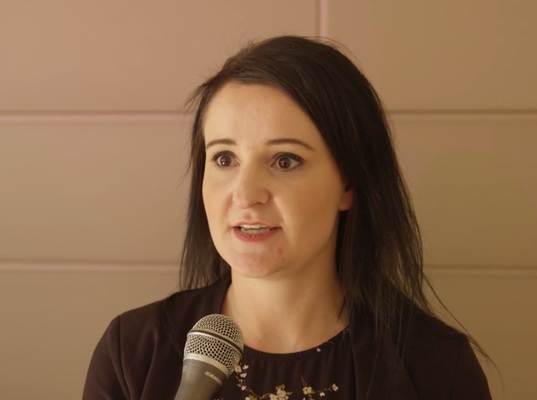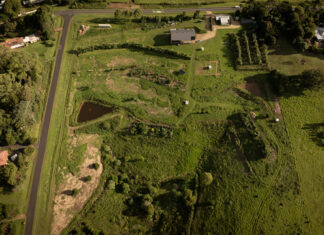A major new research study has found a disturbing number of young Australians blame women for being raped and having their nude images shared without consent.
The National Community Attitudes towards Violence against Women Survey (NCAS) Youth report released on Wednesday 22 May by Australia’s National Research Organisation for Women’s Safety (ANROWS) and VicHealth has found nearly a third of young men aged 16-24 years believe many women who’ve said they’d been raped had instead led the man on and then had regrets.
Young people were also confused about the sharing of nude images, with over a quarter blaming the women for sending the image instead of her partner for sharing it without her consent.
Controlling behaviour in relationships was also an area of concern – particularly for young men – with one in five not understanding that using technology* to track their partner’s movements, such as logging into her social media accounts or installing spyware on her phone, is abusive behaviour.
“Our NCAS research shows we have a long way to go in educating young people about the difference between a healthy relationship and abusive behaviour,” Dr Nancarrow said.
“The good news is attitudes can change. We can educate young people to better understand all forms of violence against women and that controlling behaviour isn’t part of a healthy relationship.”
Lead researcher Dr Anastasia Powell from RMIT said the research showed many young people – and in particular men – blamed women for sexual assault and failed to fully understand consent.
“We need to do more to teach young men about what consent looks like. Swiping right is not consent, kissing is not consent and saying yes to one sexual act doesn’t give blanket consent to everything,” Dr Powell said.
“It’s highly problematic that young men think it’s sometimes OK to force sex on a woman, or believe that women want men to persistently pursue them even after they’ve said they’re not interested.
“It’s also disturbing that some young men still resort to victim blaming when it comes to sexual abuse, such as blaming women for being raped, or holding a woman responsible when a nude image is shared without her consent.”
Dr Powell added the results also highlighted that too many young men didn’t see controlling behaviours in relationships as violence against women.
“While young men demonstrated a strong understanding of physical violence against women, they were less likely to recognise that things like checking their partners’ emails without permission or following her home from uni are also forms of violence,” Dr Powell said.
VicHealth Acting CEO Dr Lyn Roberts said despite young people being more supportive of gender equality in the workplace and in public life than older Australians, many still held outdated views about men and women’s roles in the home.
“It’s reassuring that young Australians think men and women should be treated equally in the workplace but many still think men should be in charge when it comes to a relationship,” Dr Roberts said.
“It’s clear that young people need more support in order to have healthy and respectful relationships. This research shows us that young men feel pressured to appear in control which is harmful for the young men and their partners.
“We need to support young people to overcome social pressures and to have better relationships, which will be healthier for everyone.”
Dr Nancarrow said although the report showed areas of concern, young people are troubled by sexism and disrespect towards women.
“The research shows that while 73% of young Australians aren’t comfortable with sexist jokes only 37% would take action,” she said.
“We want to help young people to take action and be the generation to end violence against women. Violence can be prevented and it is up to all of us to play our part.
“Young people’s attitudes don’t exist in a bubble, the world around them impacts their views and behaviour – from sexist advertising to the lack of women in leadership roles in business and politics. We need to continue to push for gender equality to change harmful attitudes and behaviours that are hurting our young people.”
If you or someone you know is impacted by sexual assault or family violence, call 1800RESPECT on 1800 737 732 or visit www.1800RESPECT.org.au. In an emergency call 000.








